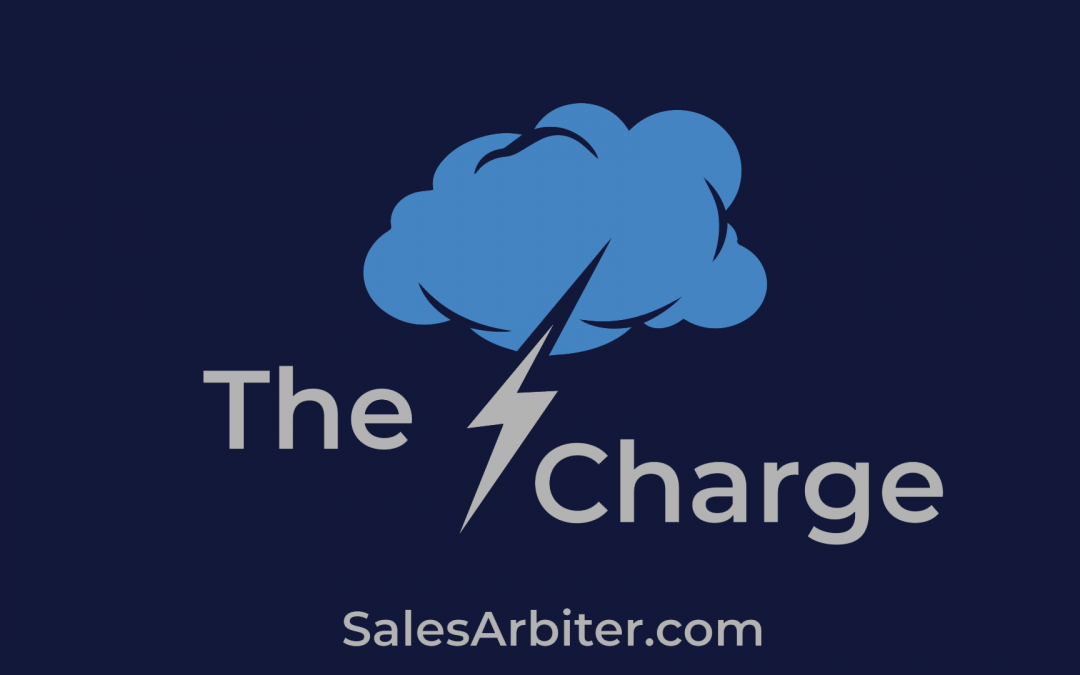When you’re in sales, attracting top talent is tough. It may seem like everyone out there thinks they have what it takes to be a good salesperson, and working in sales would be a convenient career change. However, what you want is to find someone with the potential to be a career salesperson, someone who knows how to seek out leads, then convert those leads into sales and ongoing relationships—into customers who will buy again and again.
As hard as it may seem to find the best of the best, there are many teams who are doing that successfully. Here are some strategies to attract top salespeople and keep them producing for your business into the future.
Tactics for Recruiting Potential Salespeople
Before you even get to the interview, you need to find those prospects. When you create a post for your open position, make sure to be specific and clear. Describe the job duties and qualifications, what level of experience it requires, and give a salary range. No one wants to waste time applying for a position that pays nowhere near what you can offer, and you don’t want to waste time sifting through resumes of people you have no chance of hiring.
Don’t discount the value of bringing in recruiters from outside. These are experts in finding suitable candidates and matching them with jobs, and they can save a great deal of time and energy. Get referrals from others who’ve used recruiters they like, so you find a good match who understands your hiring needs. You want someone that’s working hard to get you a promising recruit, not just any recruit.
Word of mouth is another important way to track down good potential recruits. If your sales staff is happy, they’ll want to share their success with others, and they may have ideas to share with you about potential recruits. Listen to them and consider offering incentives like finder’s fees to bring in great recruits who work out.
After you advertise for an open position, your inbox can get flooded with applications that seem solid. When sifting through the crowd, don’t rely on applicant tracking software to tell you who to hire. Effective sales are all about personality, and no computer can adequately hone in on personality. Let your software and spreadsheets narrow in those with experience or related skills, and then let the interview be the real test.
Ask the Right Questions
During the interview, ask questions that will allow you to gather important info about their personalities. Skip asking them to tell you why they’re a good fit. That may just tell you whether they gathered decent info from your website. Instead, ask for anecdotes about their greatest sales successes. Then, ask about a sales opportunity they lost that’s a regret and how they’d go about it differently now.
Ask how many hours a week they work and what they do during those hours. This will give you an idea of their “process,” or how much time they devote to different stages of the sales process like lead generation, developing relationships, and follow-up.
You can also ask them to critique their past sales manager and how they think they should’ve led differently at their previous place of employment. Overall, focus your questions on their personality and how they view sales at every level, from the street to management.
Don’t Discount Phone Interviews
An initial phone interview can tell you a great deal about your potential hire. After all, most salespeople have to make cold calls at some point, so their phone presence is an important part of the job. Listen to the interviewee’s voice and pay attention to their mannerisms on the phone. How do they come across? Are they authoritative and strong, or timid and tentative? Do they come across as genuine or too transparent about making the sale? Only after you understand how they conduct themselves on the phone should you bring them in for a face-to-face.
Observe How They Follow-Up
If you conduct an interview, even if the prospective hire seems excellent but doesn’t follow up, that’s a major red flag. Sales are all about relationships. It’s all about making regular contact and checking in. If they can’t send you an email within a couple of days with a brief, “Thanks for the interview,” then relationship-building may not be their strong suit. Additionally, great salespeople know how to follow up after they make a sale. Making sure clients and customers are happy with their purchase is a key part of their experience and satisfaction, which impacts whether people will continue to do business with you or refer you to others.
Keep Your Best Salespeople
In the quest to attract the best talent, too many companies neglect the most important thing—keeping their existing sales staff. If you have a fantastic sales team and they see you offering new recruits a ton of incentives they aren’t already getting, that’s a ticket to turnover. Invest in your team. Give them the same—or better—incentives than you offer recruits. Treat them like gold, and they’ll work harder than ever.
If you’re looking for a proven method for increasing sales and building superstar sales teams, Sales Arbiter will share its secrets to sales success. Get in touch with us to start strengthening your team.








